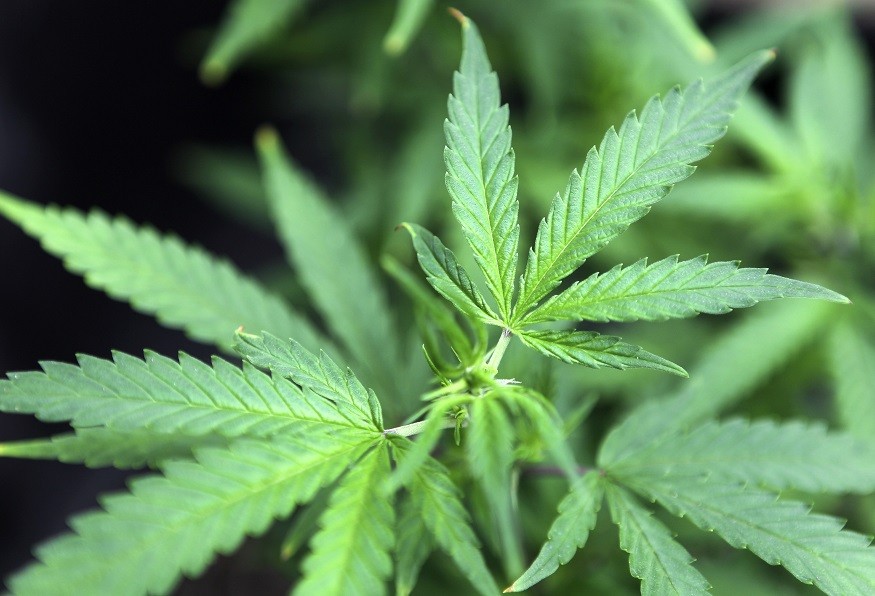
“The cannabinoids are a group of terpenophenolic compounds present in the marijuana plant, Cannabis sativa. At present, three general types of cannabinoids have been identified: phytocannabinoids present uniquely in the cannabis plant, endogenous cannabinoids produced in humans and animals, and synthetic cannabinoids generated in a laboratory. It is worth noting that Cannabis sativa produces over 80 cannabinoids…
An accumulating body of evidence suggests that endocannabinoids and cannabinoid receptors type 1 and 2 (CB(1), CB(2)) play a significant role in physiologic and pathologic processes, including cognitive and immune functions.
…there is growing appreciation of the therapeutic potential of cannabinoids in multiple pathologic conditions involving chronic inflammation (inflammatory bowel disease, arthritis, autoimmune disorders, multiple sclerosis, HIV-1 infection, stroke, Alzheimer’sdisease to name a few), mainly mediated by CB(2) activation.
This review attempts to summarize recent advances in studies of CB(2) activation in the setting of neuroinflammation, immunomodulation and HIV-1 infection.
The full potential of CB2 agonists as therapeutic agents remains to be realized.
Despite some inadequacies of preclinical models to predict clinical efficacy in humans and differences between the signaling of human and rodent CB2 receptors, the development of selective CB2 agonists may open new avenues in therapeutic intervention.
Such interventions would aim at reducing the release of pro-inflammatory mediators particularly in chronic neuropathologic conditions such as HAND or MS.”
http://www.ncbi.nlm.nih.gov/pmc/articles/PMC3663904/








